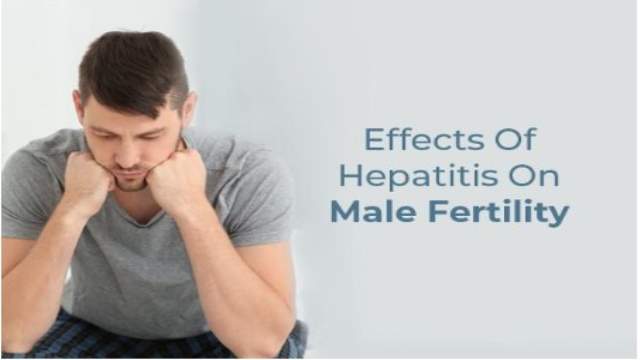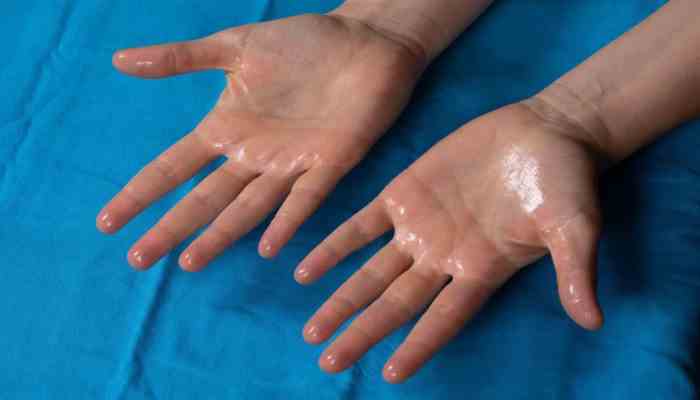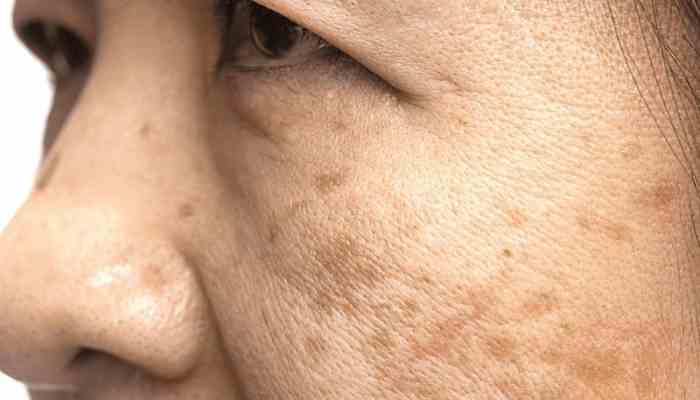Infertility Treatment Singapore: Which is the best Drug to get Pregnant?
Getting pregnant isn’t always quick or easy and you may find yourself trying for months before your body cooperates. If you’re in this situation, an infertility treatment in Singapore may cross your mind and leave you wondering; which is the best drug to get pregnant?
More on that later. Infertility treatments are medical approaches that help women conceive when natural conception isn’t happening. When you visit a top infertility clinic in Singapore for this treatment, they will begin with a diagnosis first before recommending any medical approach.
For diagnosis, the facility will administer tests like semen analysis, hormone checks, scans and prolifically an HSG for women to find the cause. After identifying the issue—be it ovulation problems, low sperm count, or blocked tubes, they will tailor treatment for you.
Depending on the diagnosis, you may be recommended ovulation-stimulating medicines, surgery, IUI (placing sperm directly into the uterus), or advanced techniques like IVF/ICSI where eggs are fertilised in the lab. You should consider visiting an infertility clinic if you’re under 35 and haven’t conceived after 12 months of trying.
Or, if you’re over 35 with no pregnancy after six months. Also seek help sooner if you have irregular cycles, recurrent miscarriage, known conditions like PCOS, endometriosis, or low sperm count.
What is the Best Fertility Drug to Get Pregnant Fast?
To begin, you’re most likely to be recommended an infertility treatment in Singapore if you face specific challenges. For women, these treatments often target ovulation problems for example if your cycles are irregular or if you have polycystic ovary syndrome (PCOS).
If you’re a man, you may receive medication to boost sperm count or improve sperm movement. For couples with unexplained infertility, doctors may recommend starting drugs as a first step before moving to intrauterine insemination (IUI) or in vitro fertilisation (IVF). Here are some of the best fertility drugs to help you get pregnant fast;
Clomiphene Citrate (Clomid)
The best fertility drug to get pregnant varies based on individual circumstances. However, Clomiphene (Clomid) is often the first line of treatment for women with ovulation problems.
Clomid works by blocking oestrogen receptors in the brain to prompt the body to produce more follicle-stimulating hormone (FSH). This surge encourages your ovaries to release eggs.
You may be prescribed Clomid if you’re a woman with PCOS or irregular periods where ovulation does not happen naturally each month. If prescribed, you will need to take Clomid as a tablet once daily for five days early in your cycle, often starting on day two or three.
Letrozole (Femara)
Letrozole started as a breast cancer drug but now is used majorly in infertility treatments. Doctors found that it helps trigger ovulation but comes with fewer multiple-birth risks.
Letrozole works by lowering oestrogen production in your ovaries to trigger a rise in follicle-stimulating hormone that stimulates egg release. You may be recommended letrozole as infertility treatment in Singapore if you have PCOS as studies have shown that Letrozole may outperform Clomid for women with PCOS.
It often leads to more regular ovulation and higher pregnancy rates in this group. However, when compared to Clomid, Letrozole carries a lower chance of twins or triplets, which reduces complications for mother and babies.
Gonadotropin Injections (FSH, LH)
If oral pills just don’t work or if you’re preparing for IUI or IVF, your doctor may prescribe gonadotropin injections. These injectable hormones contain FSH which are sometimes combined with luteinising hormone (LH) or human menopausal gonadotropin (hMG).
You inject these hormones daily to stimulate your ovaries directly. Unlike pills that trigger the brain to send ovulation signals, injections flood your system with the exact hormones your ovaries need.
This approach often produces more eggs per cycle and can greatly boost your chances when combined with IUI or IVF. Because injections carry a higher risk of ovarian hyperstimulation syndrome (OHSS), a good doctor will be keen to monitor you closely.
You will be advised to attend blood tests and ultrasound scans every two to three days. The team will also track follicle growth and hormone levels to adjust doses and prevent complications.
HCG (Trigger Shot)
The hCG trigger shot often appears at the end of your Clomid, Letrozole or gonadotropin cycle to finalise ovulation. hCG mimics luteinising hormone, and can give your mature follicle the signal to release the egg within 36 hours.
With the help of your doctor, you will track ovulation and time intercourse or IUI for the best chance of fertilisation. Please, note that hCG is not used alone. Ideally, you only receive hCG after your follicles reach the right size, so it pairs with other drugs, not as a standalone treatment.
How Long do you Have to Take Fertility Pills to Get Pregnant?
To begin with, no single best drug works for everyone as the time it takes to become pregnant after taking fertility pills can vary widely. Some people conceive after their first treatment cycle on Clomid or Letrozole and celebrate success within a month.
Others need two or three cycles before they see results. If a pill doesn’t work after several tries, your doctor may want to adjust the dose or switch medications.
Fertility pills typically come in five-day courses at the start of your cycle and you time intercourse or IUI in response to ovulation tracking. Each cycle provides a new chance and many clinics in Singapore actually recommend trying at least three to six cycles of an oral agent before considering injections or advanced procedures like IVF.
This staged approach helps you avoid unnecessary complexity and cost. If you don’t see success after six cycles, your specialist may suggest further testing or shift to gonadotropin injections.
Final Thoughts
Fertility drugs give many people the help they need to start a family. While they work, it is important to acknowledge that success often comes within a few cycles, but every case is unique.
So, talk openly with your doctor about side effects, costs and next steps. Other than clear guidance from your provider, you will also want to exercise patience to find the best option that works for your unique condition.
If you have been thinking about your fertility treatment options in Singapore, please book a consultation with our experienced specialists today for a review your history. We will also run essential tests and recommend the best medication plan to help you conceive. For more details, call or visit us at;
Holistic Gynaecology & Fertility
290 Orchard Rd, #13-08 Paragon Medical Centre, Singapore 238859
https://holisticgynae.com/
Phone: +65 8854 5744







